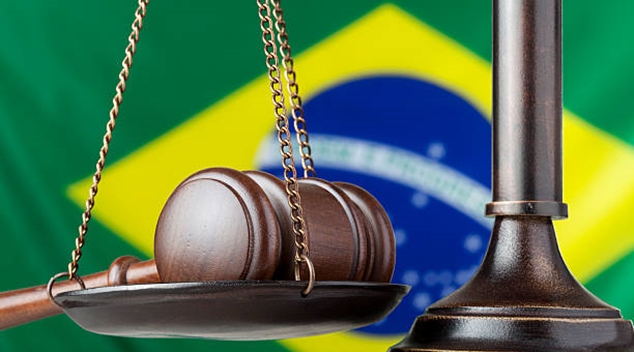
Brazil’s Supreme Court has overturned a the country’s ban on gay and bisexual men donating blood. The ban had been imposed in the 1980’s at the height of the HIV/AIDS crisis.
The move comes as more countries review the decades old restrictions on men who have sex with other men from donating blood.
Across the world there is now a significant difference between nations as some completely ban sexually active men from donating blood, while others like Australia impose long periods of abstinence from sexual activity before being eligible.
On Friday seven of the eleven Supreme Court Justices in Brasil voted in favour of removing the 12-month ban on sexual activity the country imposed on gay men donating blood. The justices declared the ban was unconstitutional as it discriminated against gay and bisexual men.
Supreme Court Minister Edson Fachin wrote in his decision on the issue that the law had been based on prejudice.
“Instead of the state enabling these people to promote good by donating blood, it unduly restricts solidarity based on prejudice and discrimination.” Fachin said.
In recent years the United States, Northern Ireland and Denmark have reduced the time gay men must abstain from sexual activity before donating blood to just 3 months. Australia currently requires gay and bisexual men to abstain from sexual activity for twelve months before being allowed to donate.
A recently published study showed that gay and bisexual men in Australia are eager to donate blood but few were willing to forgo sex for a whole year to be able to do so. Advocacy organisation Just.equal have recently launched a campaign pushing state health ministers to sign off on a plan to reduce the waiting time to just three months.
OIP Staff

Love OUTinPerth Campaign
Help support the publication of OUTinPerth by contributing to our
GoFundMe campaign.





